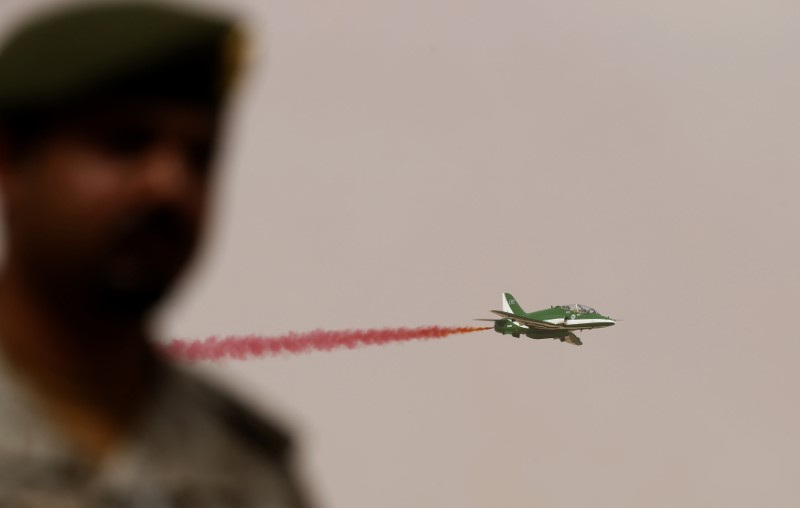
Ghulam Ali, Deputy Director, Hong Kong Research Center for Asian Studies
Aug 16, 2024
The emerging defense pact with the United States, will be a decisive moment for Saudi Arabia and for broader Middle Eastern politics. Until it is ratified, the kingdom will likely strive to maintain defense partnerships with both the U.S. and China.
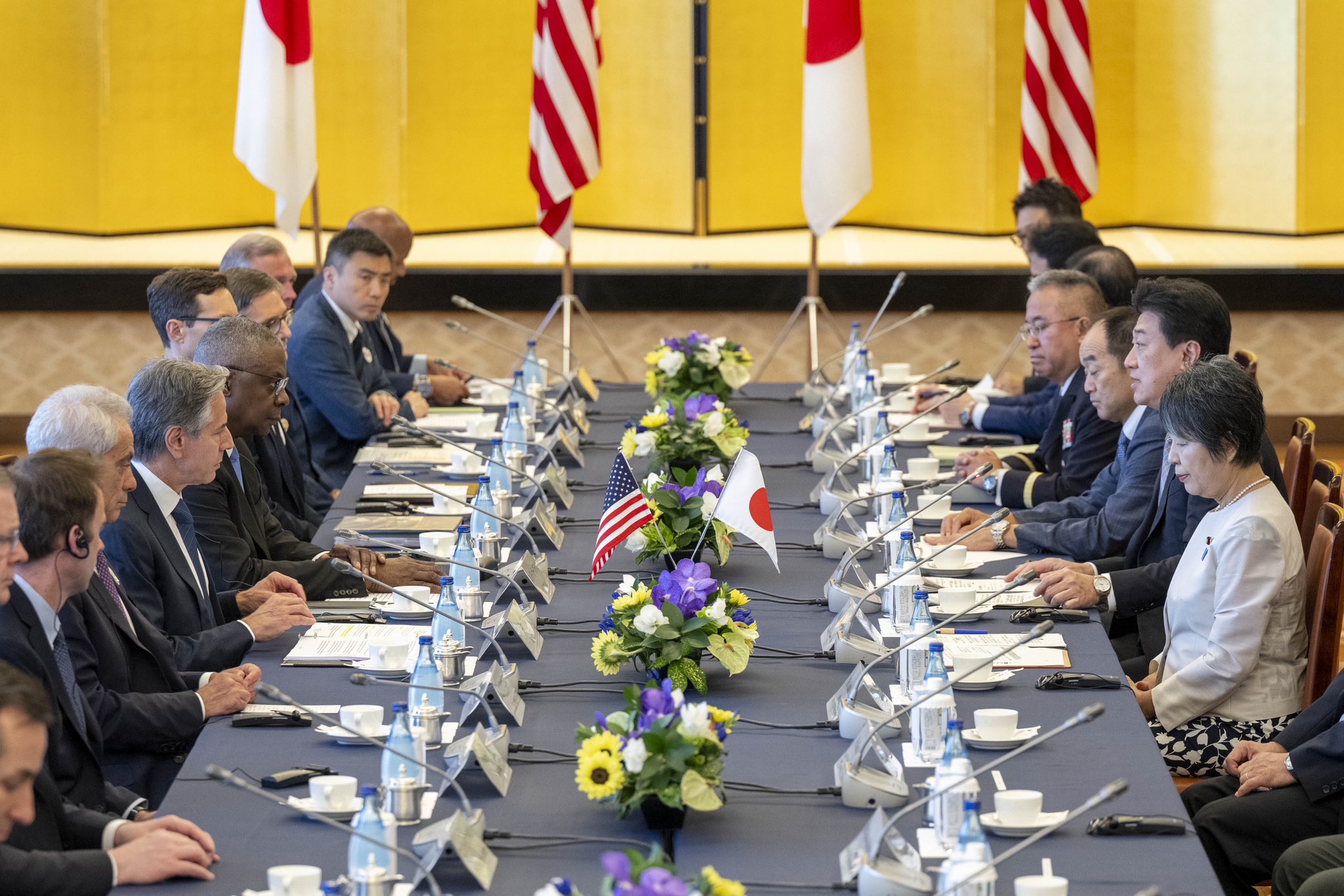
Zhang Yun, Professor, School of International Relations, Nanjing University
Aug 14, 2024
Tokyo has questioned the reliability of U.S. nuclear protection and has put the issue high on the agenda. Lasting peace in East Asia, however, cannot be achieved simply through nuclear power. The way forward is to focus on common security efforts and include all parties in the discussion.
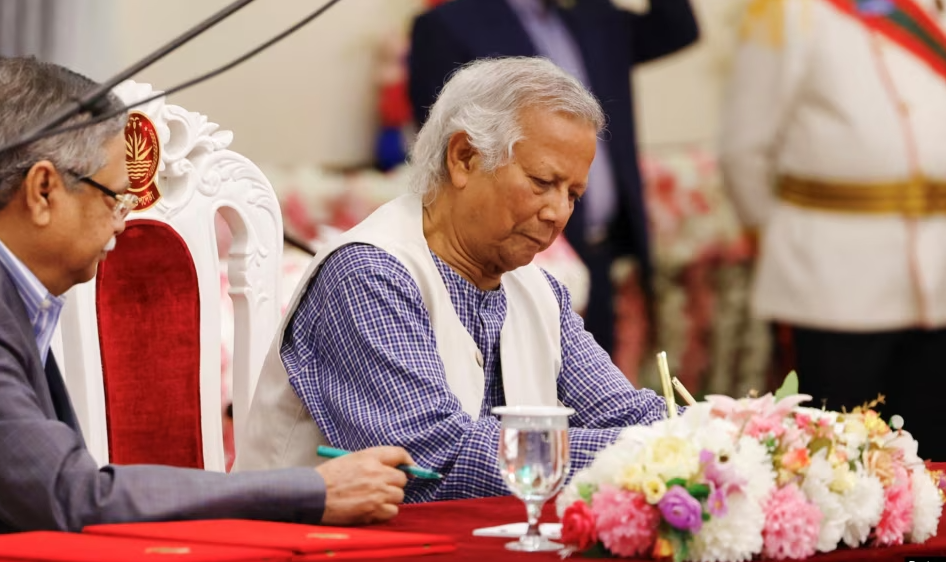
Sujit Kumar Datta, Former Chairman of Department of International Relations, University of Chittagong, Bangladesh
Aug 12, 2024
The resignation of Prime Minister Sheikh Hasina is a major inflection point. Whether or not this change will bring stability or worsen the situation depends on how the new government under Muhammad Yunus performs and fulfills public expectations.
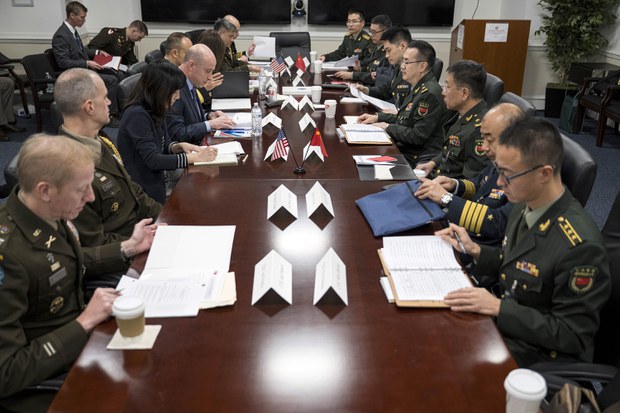
Zhang Tuosheng, Principal Researcher at Grandview Institution, and Academic Committee Member of Center for International Security and Strategy at Tsinghua University
Aug 08, 2024
A provocative inauguration speech by Taiwan’s leader produced no new crisis, and risks in the Taiwan Strait and South China Sea have been decreasing. However, there are still many differences and deficiencies as China-U.S. relations move forward.
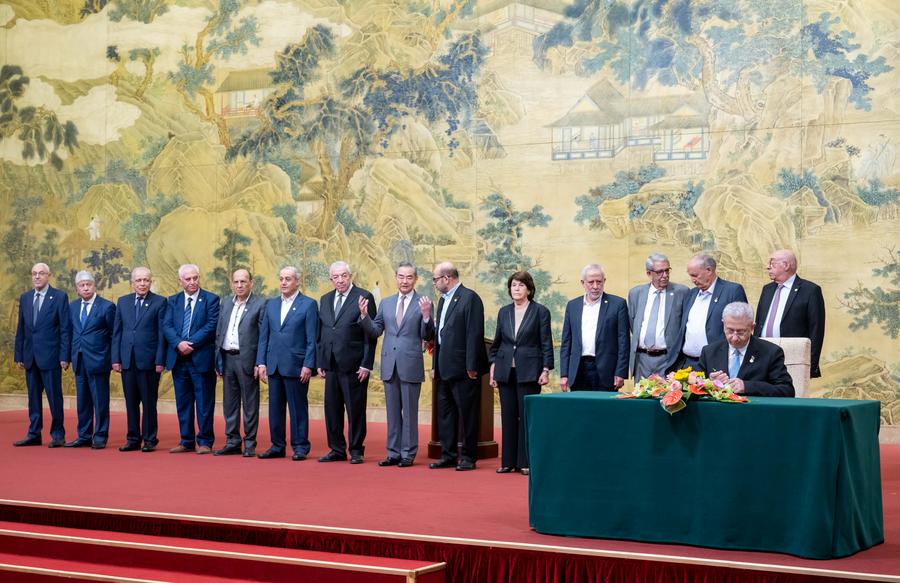
Wang Zhen, Research Professor, Shanghai Academy of Social Sciences
Aug 08, 2024
Many people in the West tend to view the expansion of China’s influence in the Middle East through the lens of great power rivalry. China rejects this concept, and its diplomatic efforts have helped to prevent the escalation of regional crises.
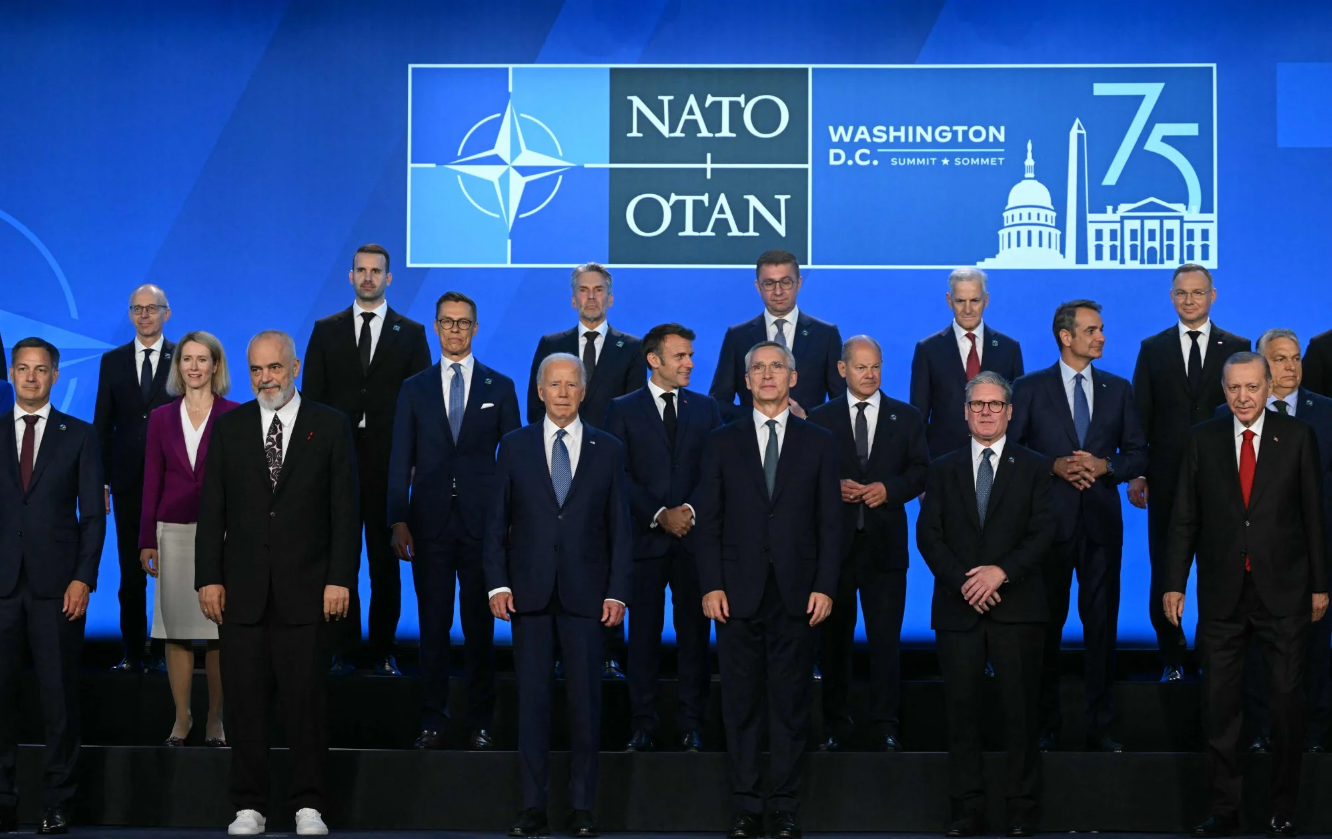
Zhang Gaosheng, Researcher at Department of World Peace and Security, China Institute of International Studies
Aug 08, 2024
The organization has become an instrument of U.S. hegemony that creates confrontation. The NATO Declaration’s statements about China are loaded with bias, stigma and provocation at a time when the world really needs a force for peace and stability.
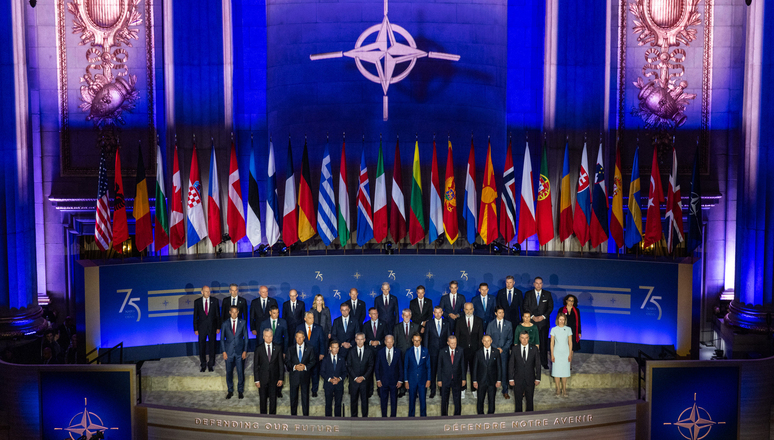
Sun Chenghao, Fellow, Center for International Security and Strategy of Tsinghua University; Munich Young Leader 2025
Jood Ghazwan Sharaf, Ph.D. candidate of International Relations and Media Director of Tsinghua International Relations Review, Tsinghua University
Aug 08, 2024
An increasing focus by the military alliance on the so-called China challenge and a pivot to the Asia-Pacific could mean that China will face an increasingly difficult strategic environment. It is essential, therefore, to exercise caution so that tensions in avoidable areas do not escalate.

Joseph S. Nye, Professor, Harvard University
Aug 05, 2024
Humans are a tool-making species, but can we control the tools we make? When Robert Oppenheimer and other physicists developed the first nuclear fission weapon in the 1940s, they worried that their invention might destroy humanity. Thus far, it has not, but controlling nuclear weapons has been a persistent challenge ever since.

Dan Steinbock, Founder, Difference Group
Jul 31, 2024
In just two years, China has facilitated cooperation between Saudi Arabia and Iran; now between Fatah and Hamas. Over time, that could pave the way to peace in the Middle East, after eight decades of unwarranted violence.
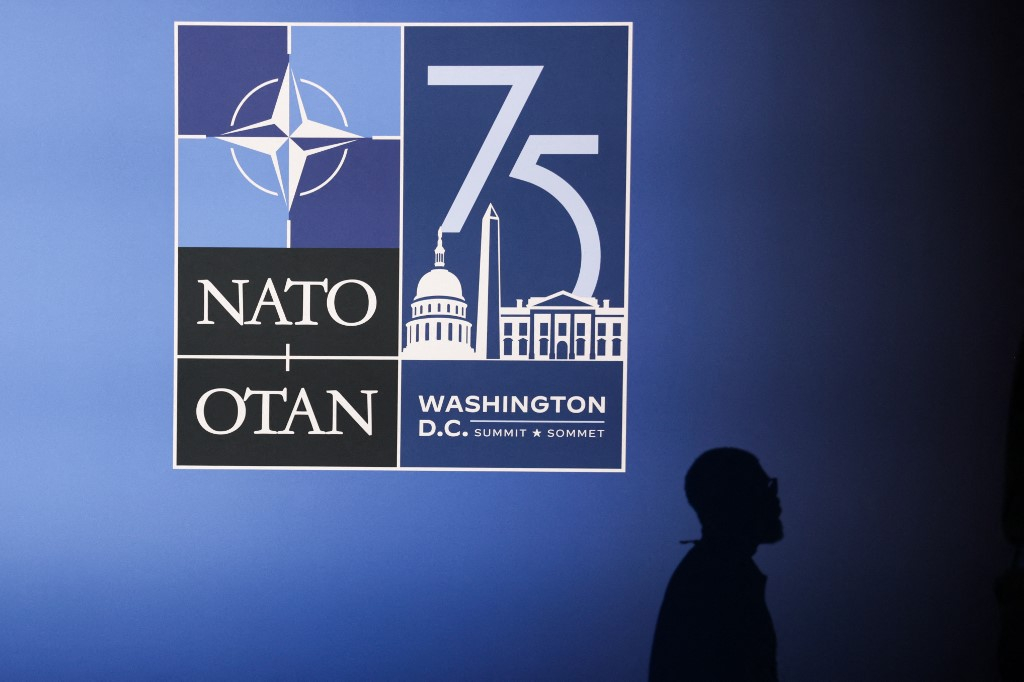
Richard Weitz, Senior Fellow, Hudson Institute
Jul 31, 2024
Chinese policies impacting the security of the North Atlantic region, which extends from Europe and North America to the Arctic and the Mediterranean, invariably deepen NATO’s interest in Indo-Pacific stability.